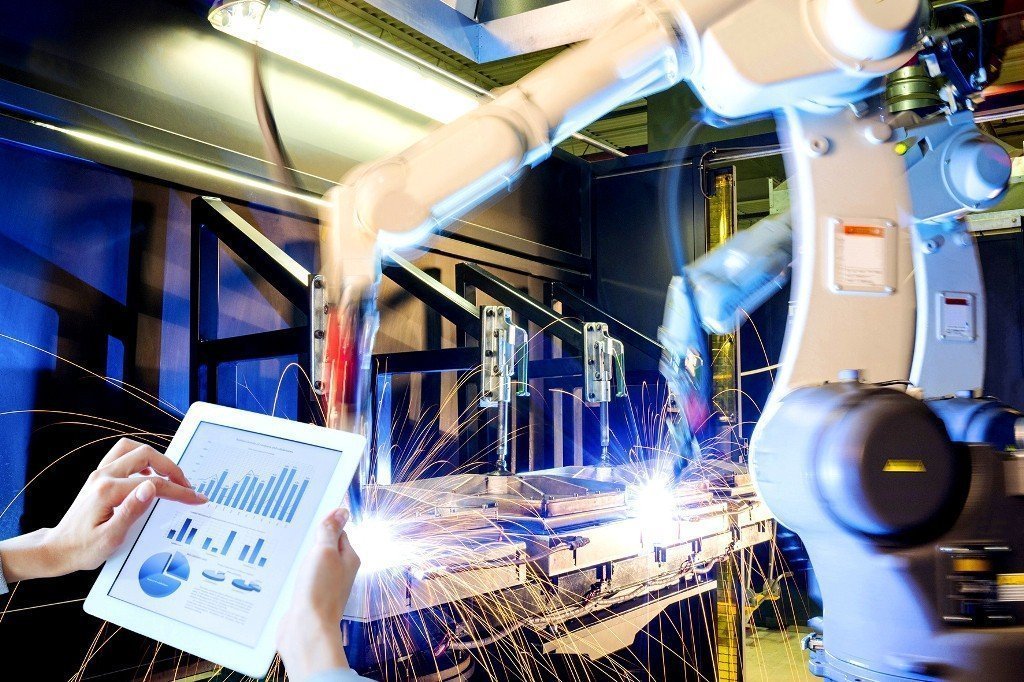
Business involvement in doctoral research is a strategic and increasingly valued element in the system promoted by ANVUR. This involvement plays a central role in various evaluation areas, particularly in Area E – Research Quality and Third Mission/Social Impact – and Area B – Resource Management.
Business involvement in doctoral research brings tangible benefits, both for universities and doctoral students:
- Improved employability: training programs are more aligned with market demand.
- Funding and resources: businesses contribute with scholarships, infrastructure, and mentoring.
- Innovation and technology transfer: research projects are geared toward applicable and concrete solutions.
- Internationalization and mobility: multinational companies encourage experiences abroad and international collaborations.
- Positive evaluation in accreditation processes: AVA 3 indicators reward programs that demonstrate a strong connection to the productive sector.
The implications for doctoral planning are:
- Providing training and research activities consistent with the professional profiles of the graduates.
- Encouraging interdisciplinarity and transdisciplinarity, including through projects with companies.
- Stimulating doctoral student autonomy, including through the support of external tutors from the business world.
Technology transfer is a fundamental component of the university's mission, especially in the context of the third mission, which concerns the social, economic, and cultural impact of academic activity. It is the process through which universities transform research results into practical applications, products, services, or innovations that can be used by businesses, public bodies, or civil society. This activity is important for research valorization because:
- It allows scientific research to be translated into concrete innovation, increasing the social and industrial relevance of academic work.
- It fosters partnerships with businesses, public, and private entities, which can provide financial resources, scholarships, shared laboratories, and applied research projects.
- Educational programs are enriched with transversal and professional skills, improving entry into the workforce.
- Universities become drivers of local development, contributing to the economic and social growth of the region.